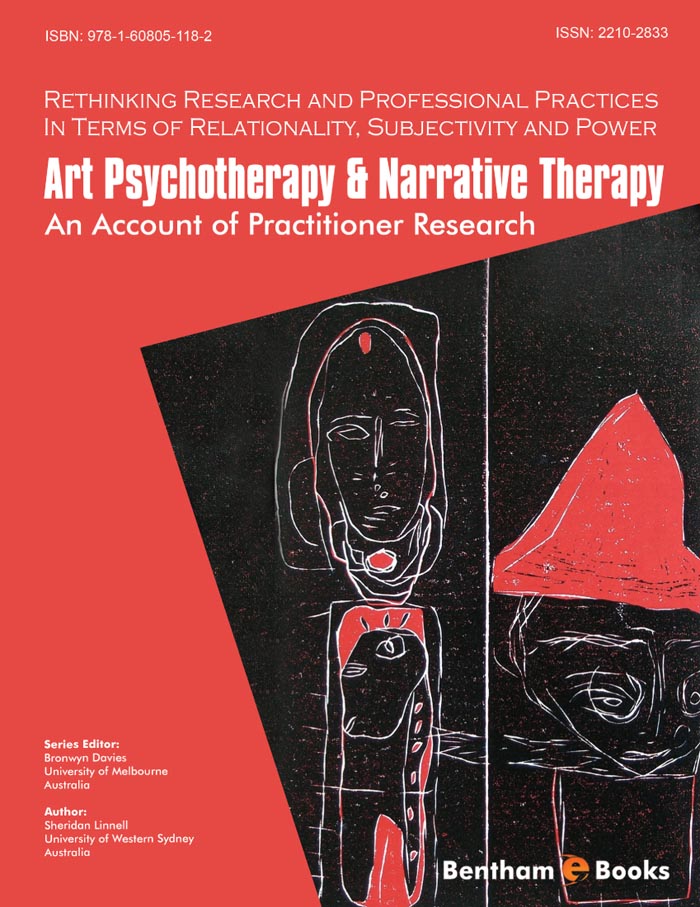Introduction
This book is a personal, political and philosophical exploration of doing both therapy and research: an enquiry into how the process of therapy shapes the therapist as well as the client, and how the researcher is shaped by her research. A guiding theme is the proposal, following Foucault and Nikolas Rose, that psychotherapy is constituted, through forms of modern power, as a crucial contemporary site of both governance and resistance. As well as giving an account of the author's clinical and research practices as an art psychotherapist and narrative therapist, the book offers a highly readable introduction to poststructural theory and innovative social sciences methodologies, while expanding the understanding and practice of these theories and methodologies. The book embodies and performs what it describes, engaging readers far more strongly in complex theoretical material than is possible in an expository text. The poststructural, autoethnographic approach taken in this book is unique in the field of the arts therapies.

